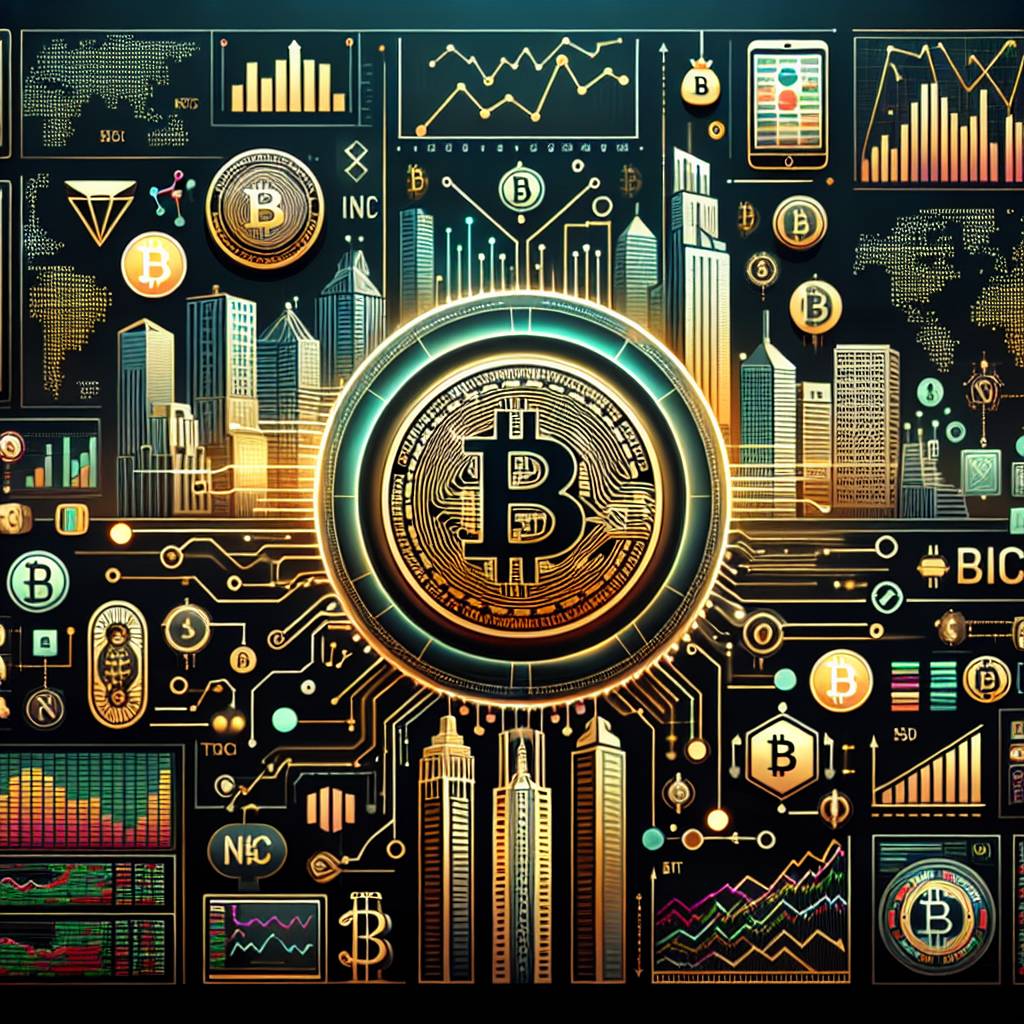What are the most common NFT abbreviations used in the cryptocurrency industry?
In the cryptocurrency industry, there are various abbreviations used to refer to different aspects of NFTs. What are some of the most commonly used NFT abbreviations and what do they stand for?

1 answers
- NFT stands for Non-Fungible Token, which refers to a unique digital asset that cannot be replaced or exchanged on a one-to-one basis like cryptocurrencies such as Bitcoin or Ethereum. It is often used to represent ownership of digital art, collectibles, or virtual real estate. ERC-721 is an abbreviation for Ethereum Request for Comments 721, which is the technical standard used for creating and managing NFTs on the Ethereum blockchain. It defines the basic functionality and requirements for NFT contracts on the Ethereum network. DAO stands for Decentralized Autonomous Organization, which is a type of organization that operates through smart contracts on a blockchain. DAOs can be involved in the creation, management, and governance of NFTs, allowing for decentralized decision-making and ownership. IPFS stands for InterPlanetary File System, which is a decentralized file storage system used for storing and sharing NFT metadata. IPFS allows for the permanent and distributed storage of NFT information, ensuring its availability and immutability. KYC stands for Know Your Customer, which is a process used by cryptocurrency exchanges and platforms to verify the identity of their users. KYC procedures may be required when buying or selling NFTs on certain platforms to comply with regulatory requirements. Gas fees refer to the transaction fees paid in cryptocurrency, typically Ether, for executing transactions on the Ethereum network. When buying, selling, or transferring NFTs, users need to pay gas fees to miners to process their transactions and secure the network. L2 scaling solutions, such as Optimistic Rollups or ZK-Rollups, are layer 2 solutions that aim to improve the scalability and reduce the transaction costs of the Ethereum network. These solutions can help alleviate the high gas fees associated with NFT transactions on Ethereum. DeFi stands for Decentralized Finance, which refers to financial applications and platforms built on blockchain technology. DeFi protocols can be used for various purposes in the NFT space, such as lending, borrowing, or trading NFTs in a decentralized manner. Marketplaces like OpenSea, Rarible, and SuperRare are online platforms where users can buy, sell, and trade NFTs. These marketplaces provide a venue for artists, collectors, and enthusiasts to showcase and monetize their digital creations. DAO governance tokens, such as $DAO or $UNI, are tokens that represent voting rights and decision-making power in decentralized autonomous organizations. These tokens can be used to participate in the governance of NFT-related platforms and protocols.
 Dec 18, 2021 · 3 years ago
Dec 18, 2021 · 3 years ago
Related Tags
Hot Questions
- 99
How can I buy Bitcoin with a credit card?
- 95
What are the best digital currencies to invest in right now?
- 95
How can I protect my digital assets from hackers?
- 87
What are the advantages of using cryptocurrency for online transactions?
- 56
What are the best practices for reporting cryptocurrency on my taxes?
- 47
What is the future of blockchain technology?
- 28
What are the tax implications of using cryptocurrency?
- 28
Are there any special tax rules for crypto investors?
